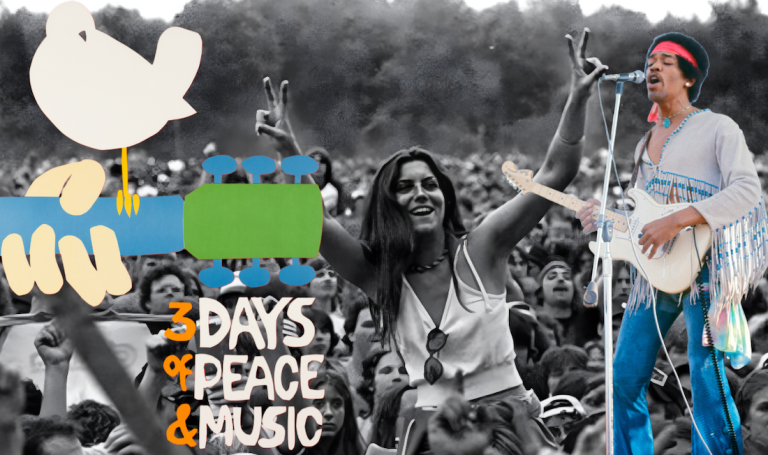

New York, N.Y. — Donald Trump’s political resurgence has reignited debates about existential threats to American democracy.
Many commentators, including some Republicans, now argue that Trump’s rhetoric and promises—ranging from militarizing police to undermining checks and balances—pose a greater internal threat than the Vietnam War did in the 1960s.
The Vietnam War, while divisive and deadly, never threatened the constitutional order in the way Trump’s critics claim his actions and words do.
Power of Protest Music in the Vietnam Era
During the Vietnam War, music played a pivotal role in shaping public opinion and mobilizing resistance. Folk artists like Phil Ochs and Pete Seeger, Peter, Paul & Mary,Joan Baez and Bob Dylan. along with countless others, wrote and performed songs that directly challenged U.S. policy and gave voice to the anti-war movement.
These songs, from “I Ain’t Marching Anymore” to “Draft Dodger Rag,” became anthems for a generation questioning authority and demanding change. The protest music movement was not monolithic—some songs supported soldiers, others condemned the war—but together, they created a powerful cultural force that helped unify and energize opposition.
The Absence of a Modern Anti-MAGA Music Movement
Despite the widespread view among Trump’s critics that his movement represents an existential threat, there is no comparable wave of anti-MAGA protest music today. Unlike the Vietnam era, where hundreds of songs addressed the conflict and its moral implications, the current political climate has not produced a unifying musical response. This absence is striking given the scale of concern about Trump’s impact on democracy, national security, and civil liberties.
Why the Silence? Shifts in Culture and Media
Several factors may explain the lack of a modern protest music movement:
- Fragmented Media Landscape: In the 1960s, radio and television provided shared platforms for music to reach mass audiences. Today, streaming services and social media have splintered audiences, making it harder for protest songs to gain widespread traction.
- Changing Role of Music: Music’s centrality to youth culture and political activism has diminished. Other forms of expression—memes, viral videos, podcasts—now compete for attention.
- Political Polarization: The deepening divide in American society may make it harder for protest music to find a unifying message or audience.
- Commercial Pressures: The music industry’s focus on profitability and branding may discourage artists from taking overtly political stances that could alienate segments of their fanbase.
What Does This Mean for Political Resistance?
The absence of a unifying anti-MAGA protest music movement raises questions about the evolving nature of cultural resistance. While individual artists occasionally release politically charged songs, there is no equivalent to the folk wave that rallied Americans against the Vietnam War. This may reflect broader changes in how Americans engage with politics and culture, or it may signal a need for new forms of artistic activism.
As the U.S. faces what many see as an unprecedented internal threat, the lack of a musical rallying cry is notable. The Vietnam era’s protest songs helped galvanize a movement and shape the national conversation.
Today, in the face of a different kind of existential crisis, America’s soundtrack is largely silent. Whether this changes in the coming years may depend on both artists’ willingness to engage and the public’s appetite for a new wave of protest music.
#ProtestMusic #AntiMAGA #FolkMusic #PoliticalMusic #VietnamEra
#TrumpEra #MusicAndPolitics #Democracy #CulturalResistance
Tags: Donald Trump, MAGA, protest music, Vietnam War, American democracy,
political activism, authoritarianism, cultural movements, anti-war songs
